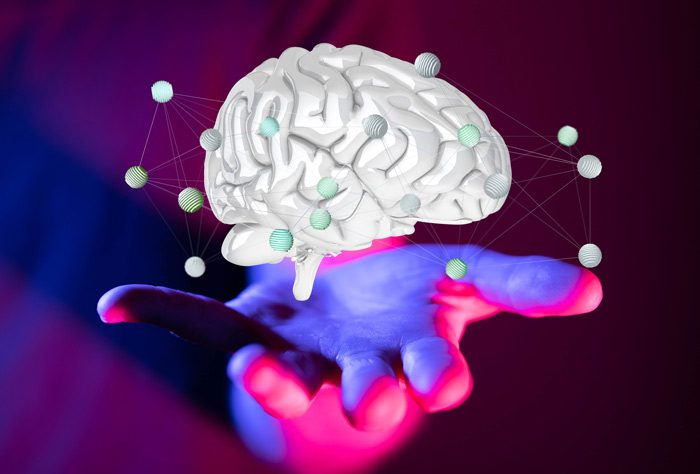By Sandy Baker
The Various Names & History
Angel dust, ozone, love boat, and rocket fuel are all nicknames for a drug called phencyclidine (PCP). PCP is a white, powdery substance often dissolved in water or alcohol. It may be injected, inhaled as a powder, swallowed, or smoked. However it is taken, PCP creates a dangerous high that impacts mood, behavior, and the way a person relates to the world around them.
The drug was first used in the 1950s as an anesthetic. It was in the 1960s and 70s that this drug became more commonly used recreationally to achieve a high. It’s a controlled substance today and is considered a highly addictive drug that carries risks with every use.
How PCP Affects the Brain’s Function
PCP is a type of mind-altering drug. It interacts with the function of the central nervous system, creating changes in thought patterns and behavior. In some situations, it alters the way a person sees the world around them, creating an out-of-body feeling that appeals to those who use it. However, PCP is so powerful that it can lead to very realistic hallucinations and paranoia.
A person using PCP may feel:
- As if they are thinking clearly even when they are convinced they have superhuman strength
- A sensation as if they are floating outside of their body
- Disconnection from reality and what’s really occurring
- A strong high or rush of energy
- Intense feelings and emotions that are hard to control
The effects of PCP last between 2 and 5 minutes in most cases, but when PCP is swallowed, effects can last up to 30 minutes. Some formulations may have some symptoms that linger for up to 5 hours, though the high lasts only a few minutes.
What Makes It Dangerous to the Body & Brain?
There’s no safe level of PCP use. A single dose can create a traumatizing out-of-body experience and realistic hallucinations. A single dose may also lead to overdose. Other risks may include:
- A loss of coordination, making it difficult to drive or even walk safely
- Hearing voices and paranoia, creating the risk for a psychotic episode
- An increase in heart rate, which may lead to arrhythmias
- With long-term use, memory loss and damage to cognitive function
- Dangerously high breathing rate and blood pressure
- Kidney failure, seizures, and death, especially with larger doses
Additionally, PCP has a psychological effect. Some people develop anxiety and depression as a result of using this drug. This may lead to attempted suicide.
PCP & Addiction Go Hand-in-Hand
Trying it one time may seem harmless, but PCP carries a high risk of addiction. A person’s brain may become dependent on the use of PCP. That makes it very difficult for them to control their use of the drug as the brain demands more. Over time, tolerance builds, which means the body requires more of the drug to feel the same effects.
Symptoms of PCP addiction may include:
- Feeling uneasy and being worried all of the time
- Fearing that you will not have access to the drug
- Experiencing twitching or seizures when trying to stop using
- Feeling tense and confused when trying to stop using
- Muscle-wasting and significant weight loss after stopping use
A person may withdraw from family and friends when struggling with an addiction to PCP. They may find themselves simply unable to think about anything else but their next use. They may engage in reckless behavior to gain access to the drug.
How to Get Help for PCP Addiction
As a drug that forms dependence, it’s not often possible for a person to simply stop using PCP on their own. Rather, they need help. The Ranch at Dove Tree offers that help through a combination of therapies and treatment plans.
Does PCP addiction require detox?
In some cases, yes. A person who has used the drug for a long time or in high doses may need a medically monitored detox program. This minimizes the risks of complications and withdrawal side effects.
What type of treatment helps overcome PCP addiction?
Treatment programs are specific to the individual, but effective programs include therapy. Individual and group therapy can help you understand your behaviors and learn how to avoid making poor decisions.
Is residential treatment necessary for PCP addiction?
Living in a residential treatment program may give you ample support for withdrawal symptoms and intense cravings. It also helps to monitor your mental health as you go through treatment. Finding the right treatment plan is critical. It starts with giving our team a call to learn more about creating change in your life.








